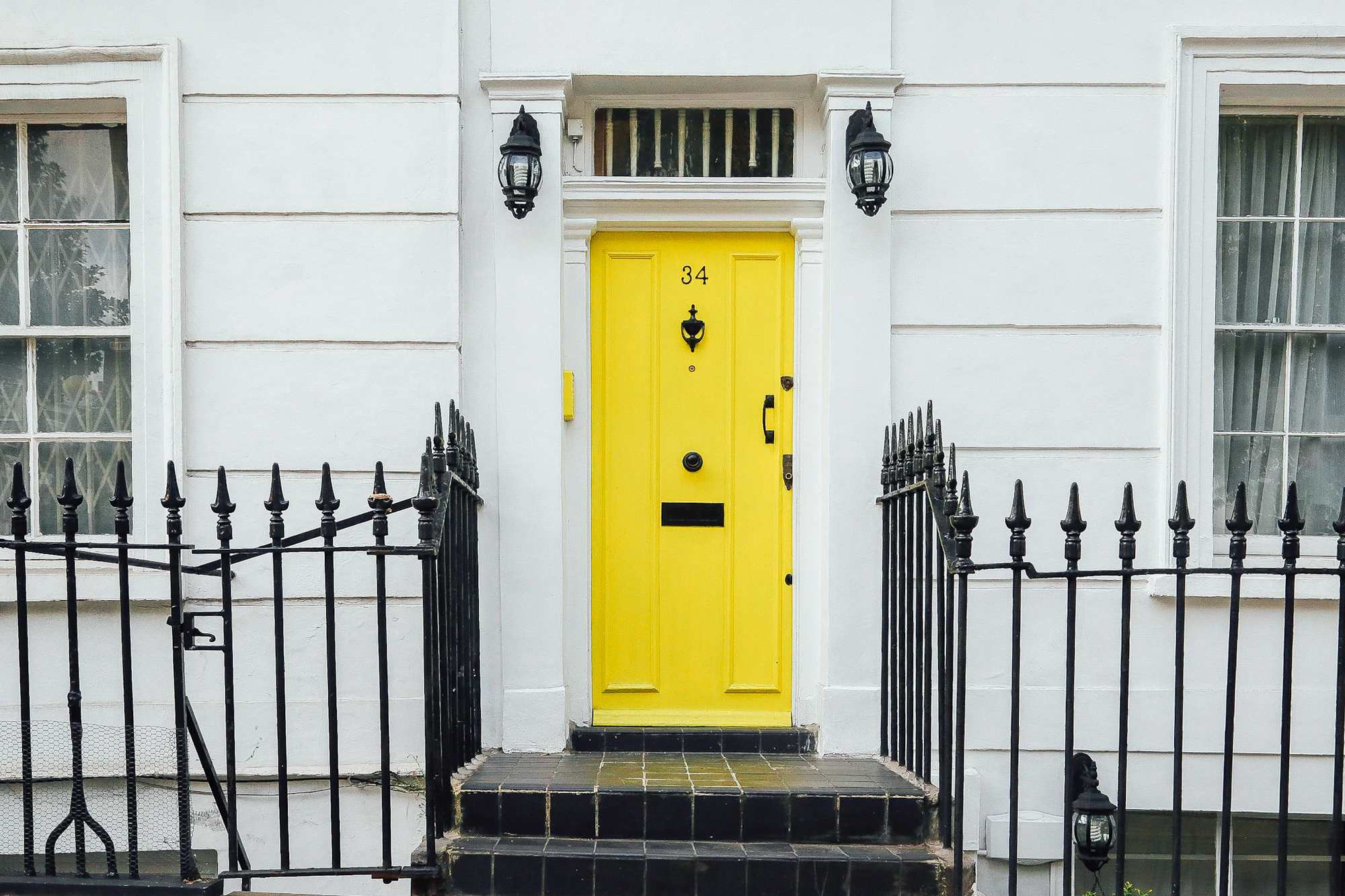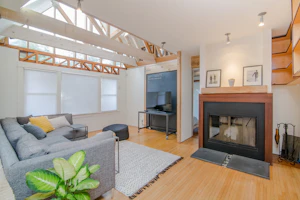As you may already know, if you are a foreign national and want to stay in Turkey for longer than your visa allows, then you must apply for a residence permit. There is a list of documents the Turkish government asks you to provide for your residence permit appointment with migration authorities.
When applying for a residence permit for the first time, the General Directorate of Immigration used to accept a notarized rental contract or your title deed as the homeowner as proof of address. However, recently, more expats have been asked to provide copies of the title deed and the house's numbering document.
A numbering certificate or document is known in Turkish as a numarataj belgesi. Failure to provide a requested copy can now result in your residence permit application being revoked if not delivered to migration within 30 days.
Continue reading to find out more about why you need this document, how you can get one, and how much it costs.
What is a numbering certificate?
A "numarataj belge" is a document that is obtained from municipalities detailing the "address number" of the house the resident will live in. This document is given to the landlord listed on the title deed on the property but can be requested by tenants or a third party with power of attorney. (More on this down below.)
The numbering certificate records the exact location, address, and function of a building, or a flat in the said building. Numbering, or numaralama as it is sometimes called in Turkish, proves that where you live is recorded in Turkey's Central Address Registration System.
Why do I need a numbering document for my residence permit?
Since November 1, 2021, immigration authorities have started to request this document to prevent fraudulent behaviour and make sure all properties/addresses are properly registered in the national address registration system. For properties that are properly registered, this document won’t be required.
This measure also prevents illegal stays and people from showing themselves as property owners when they are not. Oftentimes, individuals also show themselves as owners of properties that do not exist or are yet unregistered.
Under Turkish law, and specifically the regulation on address and numbering, no two buildings can share the same name and number within the boundaries of a municipality. The same regulation also dictates how these numbers must be obtained.
How to apply for a numbering certificate for your home in Turkey
Note: If you are renting a place, always ask your landlord first before requesting a numbering document from the municipality. If your landlord refuses to provide you with a copy, do not rent that building.
To get a numbering document for your home, you will have to pay a visit to your local municipality or the nearest General Directorate of Land Registry and Property Records (Tapu ve Kadastro Genel Müdürlüğü). A quick Google search will give you directions.
When you arrive at the municipality, look for the Directorate of Reconstruction and Urbanization (İmar ve Şehircilik Müdürlüğü) or similar. Some municipalities may also have specific offices called "Numarataj Ofisi", which will make things easier for you.
There, you will be asked to file a petition for numbering.
In that application, you must detail information such as:
- Your complete address
- Electricity and water bills as proof
- The coordinates of the building (can be obtained via TAPU)
- The building permit
- The lease/rental contract
- The name of the district, housing estate, house number, and neighbourhood
- The title-deed
The documents you will need to obtain a numbering certificate
You will be asked to provide the following documents:
- A photocopy of the applicant's identity card (ID or passport, translated and notarized)
- A copy of the occupancy certificate or title deed for the building
- The building license (yapı ruhsatı)
- If the building belongs to a company, a company seal or signature circular authorization document
- For new projects, a municipality-approved architectural project
- If you are applying as a tenant, a copy of the lease/rental contract
- If you are a tenant or a third party, you will also need to submit a notarized copy of power of attorney on the landlord's behalf
How much does it cost?
Although the certificate itself does not cost much, you will have to pay a "harç bedeli" for new or unregistered buildings, and procedures such as discovery.
The below fees for getting your property numbered is a guide for the year 2021:
- TL 450 for multi-story buildings within the scope of law no. 6360
- TL 250 for workplaces within the scope of Law No. 6360
- TL 100 for hobby gardens within the scope of law no. 6360
- TL 300 for single residences within the scope of law no. 6360
- TL 600 for multi-story residences
- TL 450 for workplaces
- TL 200 for hobby gardens
- TL 140 for the road discovery fee
- TL 500 for single residences, duplex, and triplex residences
- TL 500 for retaining walls, bored excavations, etc. within the scope of other structures.
What is the discovery for numbering procedures?
You will need to do this if it is a new building or the property was previously not registered.
In cases where the structure or building is not registered in the Turkish national address database UAVT (Ulusal Adres Veri Tabanı) or in the numbering system (Numarataj Banko Sistemi), reconnaissance officers appointed by the Address Management Chief (Adres Yönetim Şefliği) carry out the act of "discovery", ie. detecting the building and its location and then recording it in the system.
How and where to pay the numbering fee?
The fee is determined by and deposited to the cash desk (vezne) of the Metropolitan Municipality Financial Services Department (Büyükşehir Belediyesi Mali Hizmetler Dairesi Başkanlığı) with a receipt (makbuz).
If your building already has a numbering certificate, most municipalities will give a copy for free or a nominal fee. Municipalities generally do not charge a fee to download a registered address but they could if the property isn't registered.
How long it takes to get your numbering certificate largely depends on how busy your municipality is. Generally, it takes about a month. However, if your property is not registered in the national database, it may take longer.











Member discussion